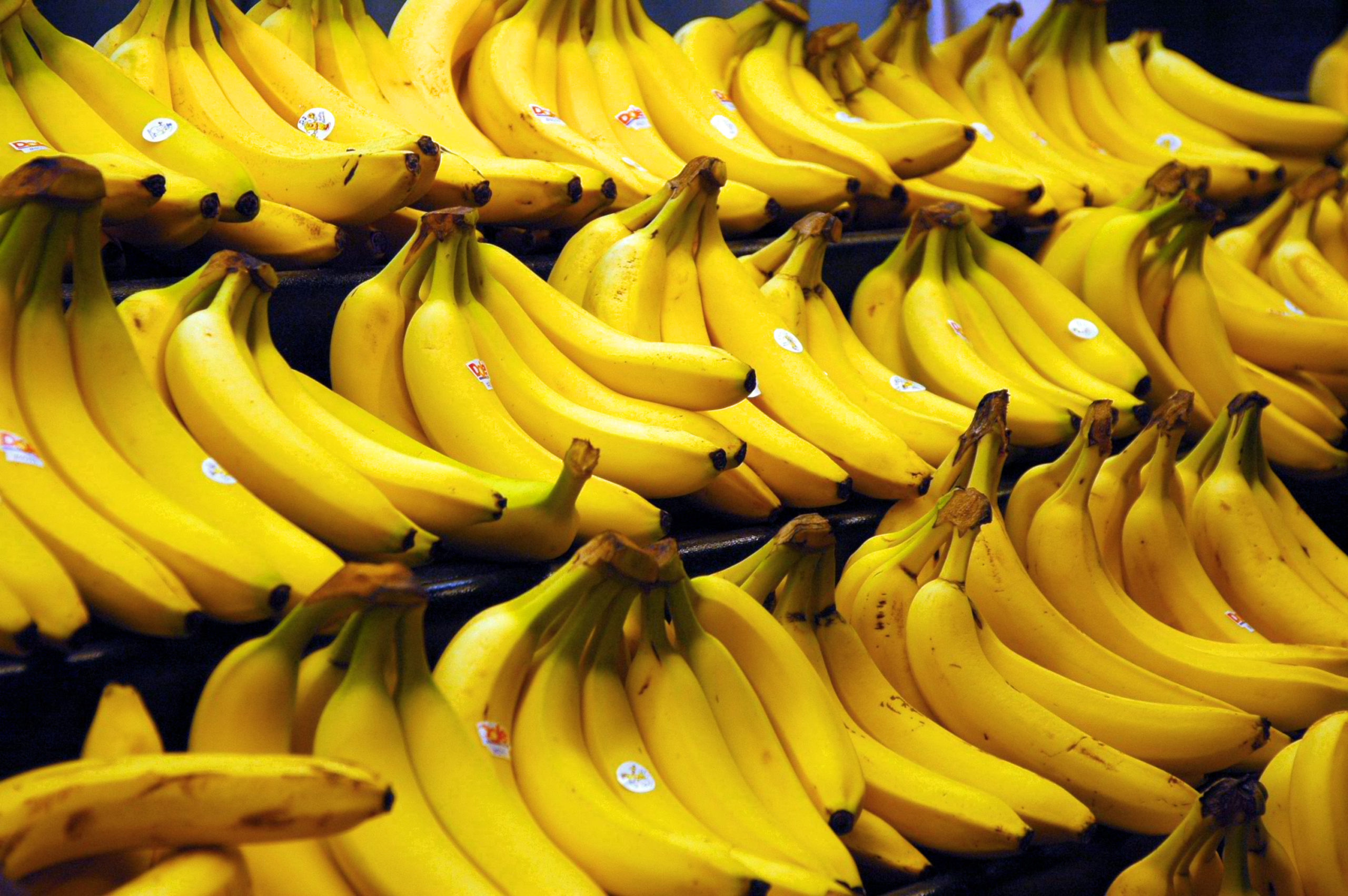



Article by: Hari Yellina
According to a study published today in the European Heart Journal, a journal of the European Society of Cardiology, women who consume salmon, avocados, and bananas may lessen the adverse effects of salt in their diet (ESC). 1 According to the study, potassium-rich diets were linked to lower blood pressure, especially in women who consumed a lot of salt. According to research author Professor Liffert Vogt of Amsterdam University Medical Centers in the Netherlands, “it is well known that increased salt consumption is connected with elevated blood pressure and a heightened risk of heart attacks and strokes.” “Health advice has emphasised reducing salt intake, but this is challenging to do when processed foods are a part of our diets. The body excretes more salt in the urine with the help of potassium. Within our research, dietary potassium was linked with the greatest health gains in women.”
The EPIC-Norfolk study recruited 24,963 people (11,267 men and 13,696 women) from general practises in Norfolk, UK, between 1993 and 1997. Participants ranged in age from 40 to 79. For men, the average age was 59, while for women, it was 58. Along with completing a questionnaire about their lifestyle practises, participants had their blood pressure checked and had a urine sample taken. The amount of sodium and potassium excreted in the urine was calculated. Participants were categorised into tertiles based on their intake of potassium and sodium (low, medium, and high). After correcting for age, sex, and sodium intake, the researchers looked at the relationship between blood pressure and potassium intake.
In women, daily potassium intake (measured in grammes) was correlated with blood pressure; as intake increased, so did blood pressure. The relationship between potassium and blood pressure was only seen in women with high salt intake when the correlation was analysed according to intake (low, medium, high), with every 1 gramme increase in daily potassium being related with a 2.4 mmHg lower systolic blood pressure. The relationship between potassium and blood pressure was absent in men. 13,596 (55 percent) of the participants experienced cardiovascular disease-related hospitalizations or deaths throughout the course of a median follow-up of 19.5 years.
After controlling for factors such as age, sex, body mass index, sodium intake, usage of lipid-lowering medications, smoking, alcohol use, diabetes, and history of heart attack or stroke, the researchers examined the relationship between potassium intake and cardiovascular events. In the entire cohort, persons who consumed the most potassium had a 13 percent lower risk of cardiovascular events than those who consumed the least potassium. The comparable risk reductions were 7 and 11 percent, respectively, when men and women were separately examined. The link between potassium and cardiovascular events in both men and women was unaffected by the amount of salt consumed.
Adults should drink at least 3.5 grammes of potassium and no more than 2 grammes of sodium (5 grammes of salt) each day, according to the World Health Organization. 2 Vegetables, fruit, nuts, legumes, dairy products, and fish are among the foods high in potassium. A 115 gramme banana, 154 grammes of grilled salmon, 136 grammes of potato, and 1 cup of milk, for instance, all provide 375 mg of potassium each.